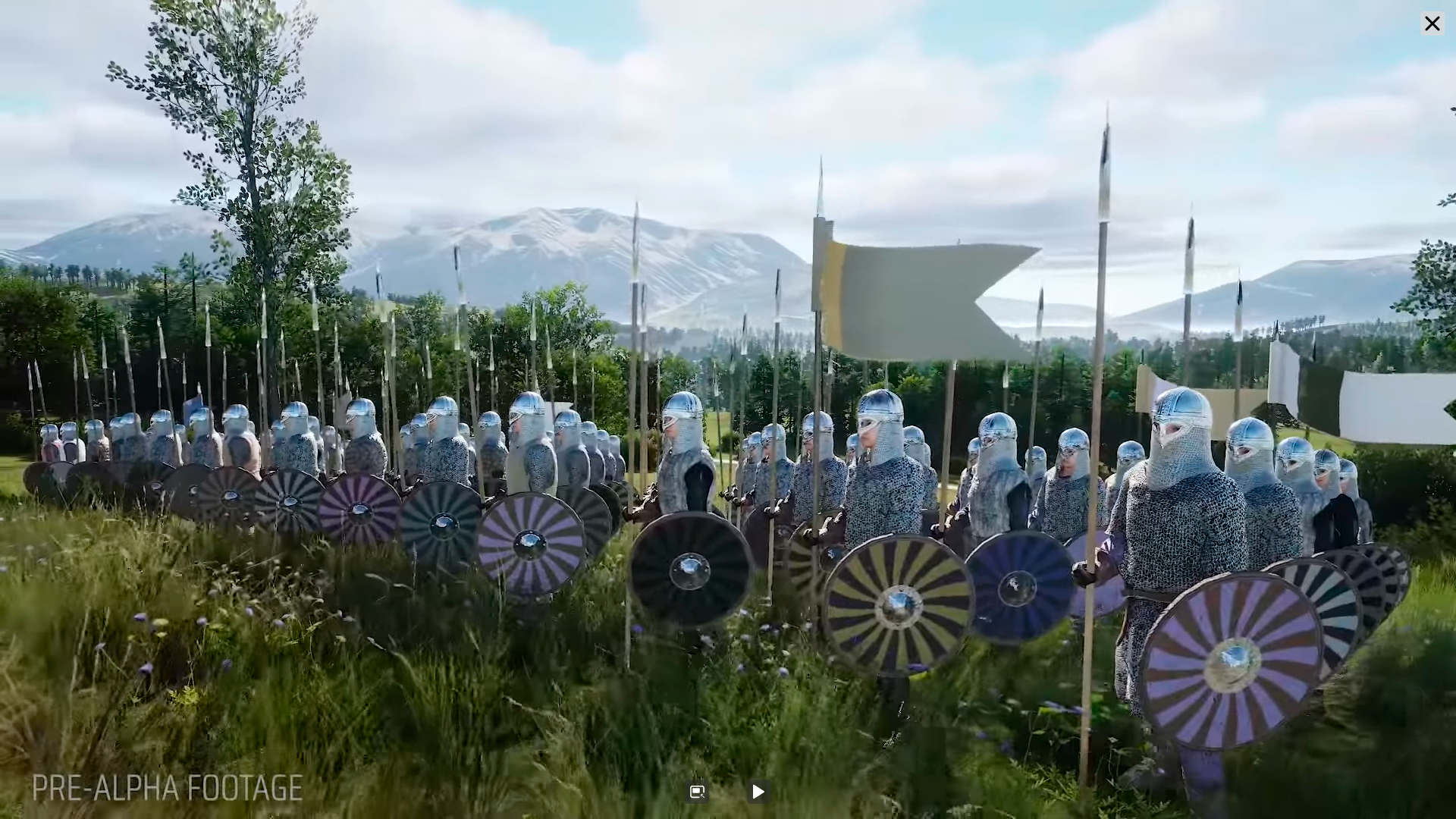

And so, previous Marxist theory has been that the system was primarily a tool to enable lords to impose their will on tenants, often in an exploitative way.” If you were a servile person you had to pay if you got married by working on your lord’s land for example. “But these manor courts also imposed the power of feudal lords in society. “These are all important issues to small village communities,” says Dr Gibbs. Found in many villages across the country, these small and very local institutions of government oversaw day-to-day issues such as ensuring access to resources, dealing with petty criminality such as assaults, and overseeing land transfers. He has been examining the manor court system in England from the 1300s to the 17th century. Manor court records are a good mirror into the realities of life in rural England, believes Dr Spike Gibbs. Land, village life and petty crime: the workings of the medieval legal system

But examination of the records of manor courts has revealed a much more nuanced relationship between local rulers and those living on their land. Medieval England is often characterised in books or film as one of extremes, where serfs toil the land while lords greedily profit from their labour.


 0 kommentar(er)
0 kommentar(er)
